HSE Discusses Urban Development Prospects at the Vysokovsky Forum
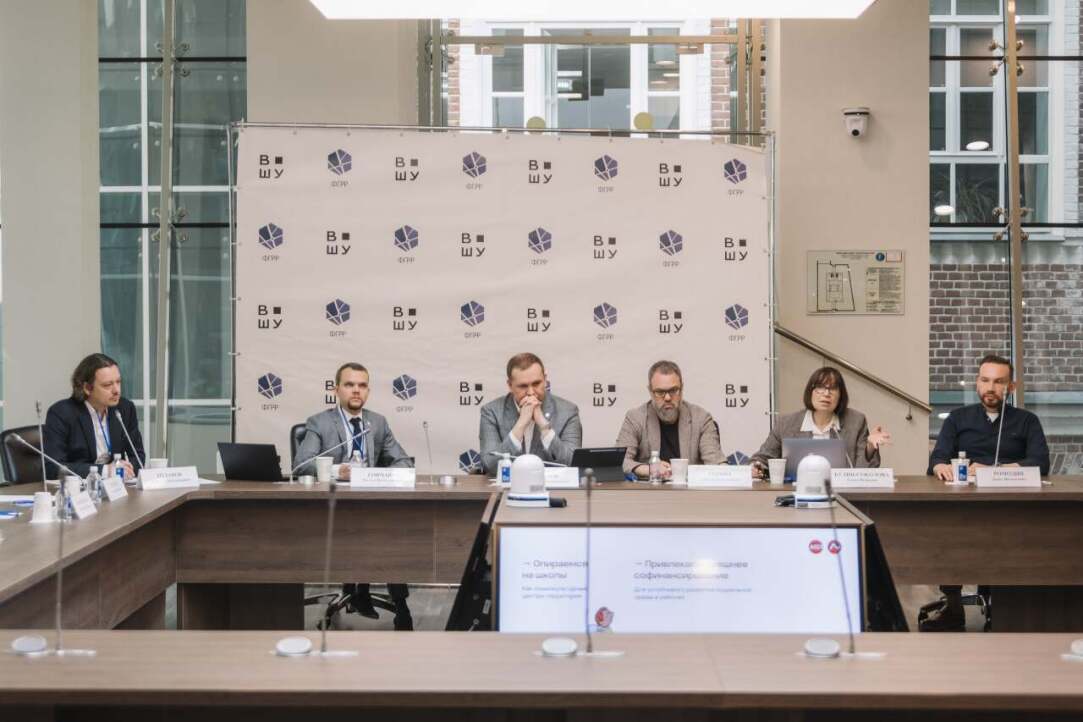
The annual Vysokovsky Forum, organised by the Faculty of Urban and Regional Development, was held at HSE University. Officials, business representatives, teachers, and experts gathered to discuss whether development projects should be adapted to residents' needs, whether New Moscow could become a new centre of attraction, and what benefits HSE will gain from launching a new academic department in partnership with A101 Group.
At the presentation of the new joint department with A101 Group, Head of the Vysokovsky Graduate School of Urbanism Ruslan Goncharov noted that urban studies education at HSE is available at the undergraduate, Master’s, PhD, and continuing education levels. Since its founding in 2011, more than 600 students have graduated from the school, and over 80% of them are now working in their field.
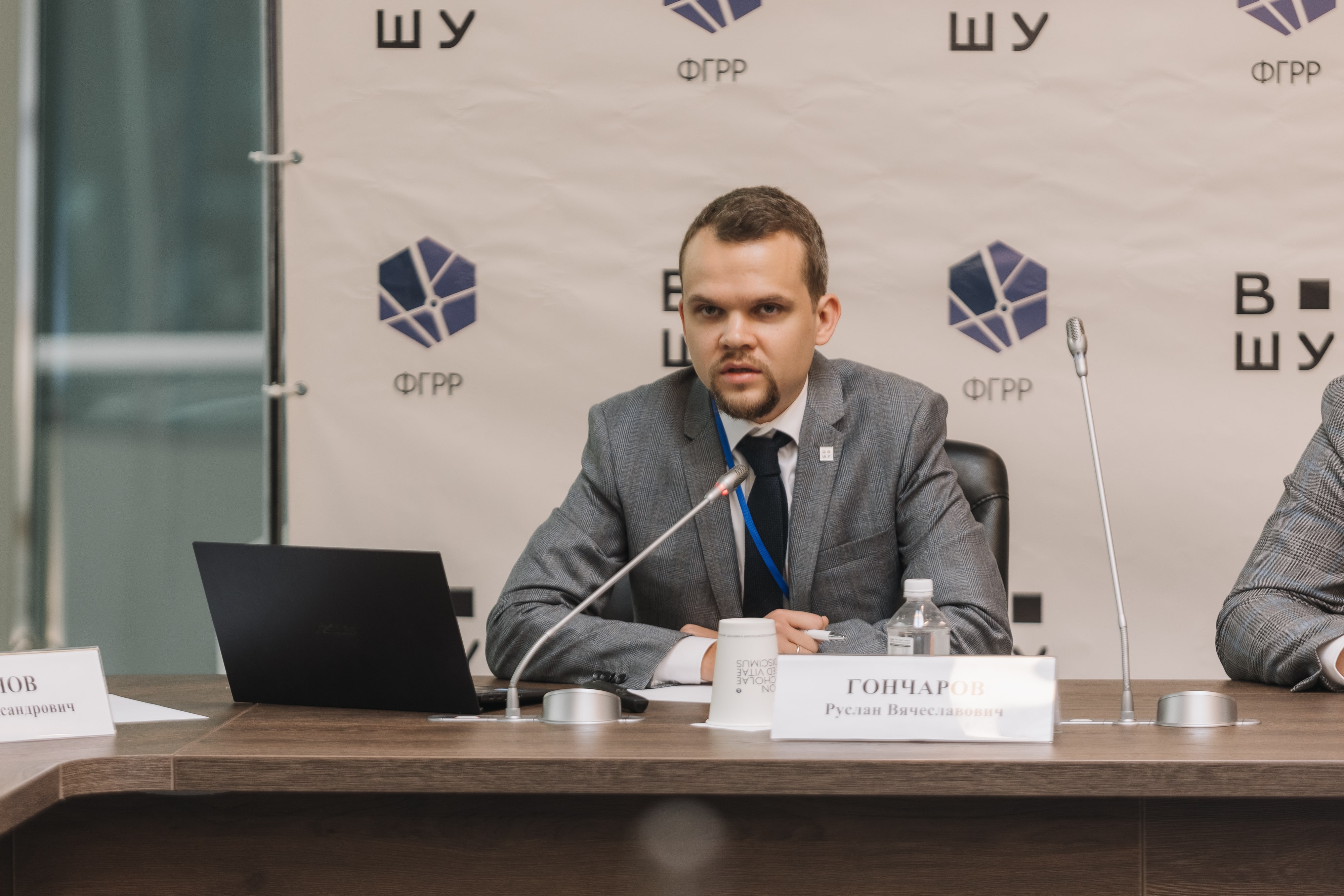
‘There is often talk about a gap between graduates’ competencies and the needs of the labour market at many educational institutions. At HSE, we make every effort to close that gap,’ said Ruslan Goncharov. ‘Our faculty organises workshops and summer schools in partnership with industry leaders, invites practitioners to teach, and collaborates with leading companies to launch joint courses and projects. The new department with A101 Group will help us train highly qualified professionals in urban development and allow us to offer classes on current challenges in integrated urban development. We will also regularly hold public and expert events with industry representatives and conduct interdisciplinary research focused both on urban development in general and New Moscow in particular. Students will analyse real-life case studies from A101 Group’s project portfolio as part of their coursework.’
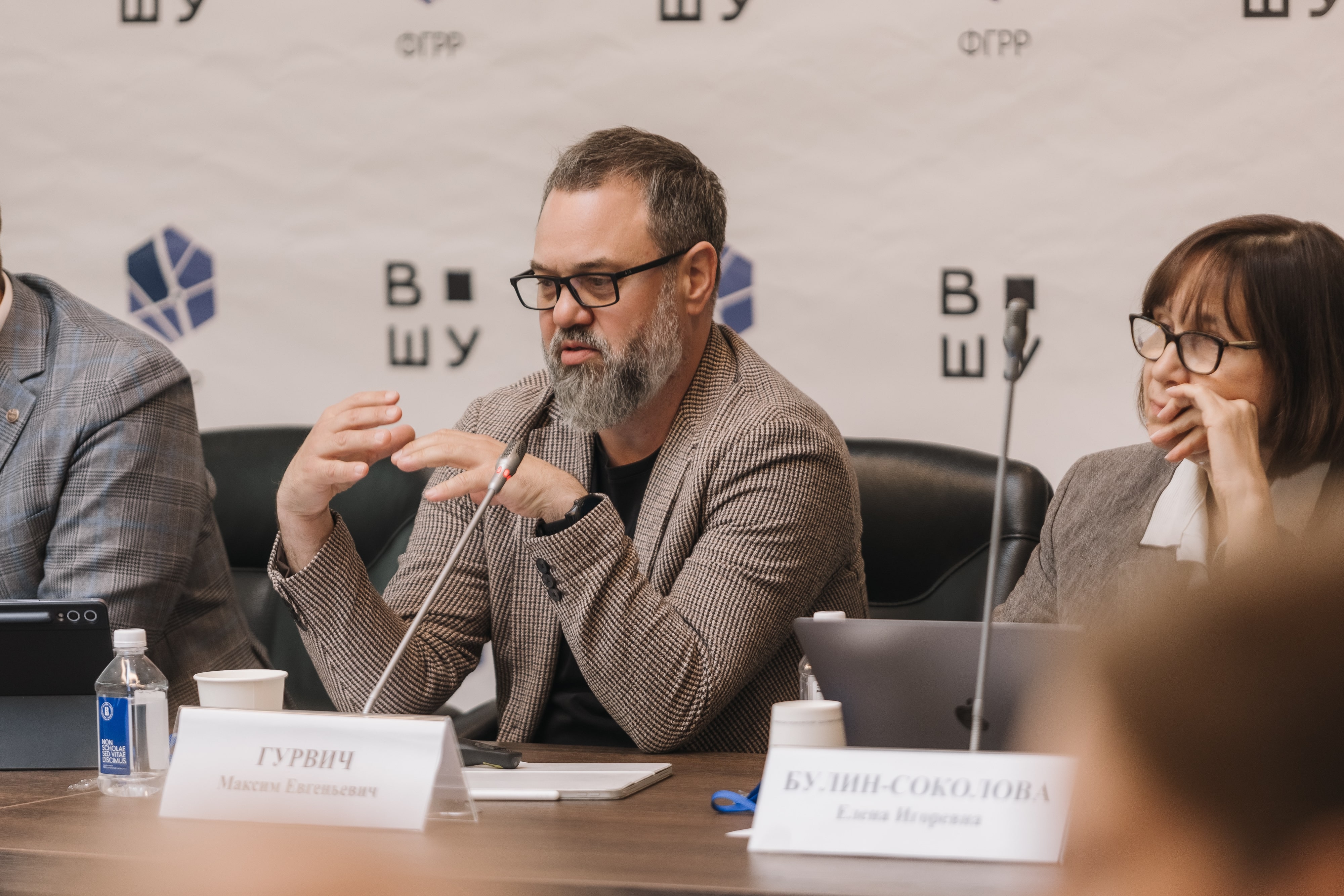
Ruslan Goncharov is confident that the new partnership will create effective synergy. One of the department’s focus areas will be the development of the Urban School outreach programme for secondary school students. In this regard, Maxim Gurvich, Academic Supervisor of the joint department A101 Group, noted that ‘engaging young people in urban issues from an early age is the best way to move forward.’
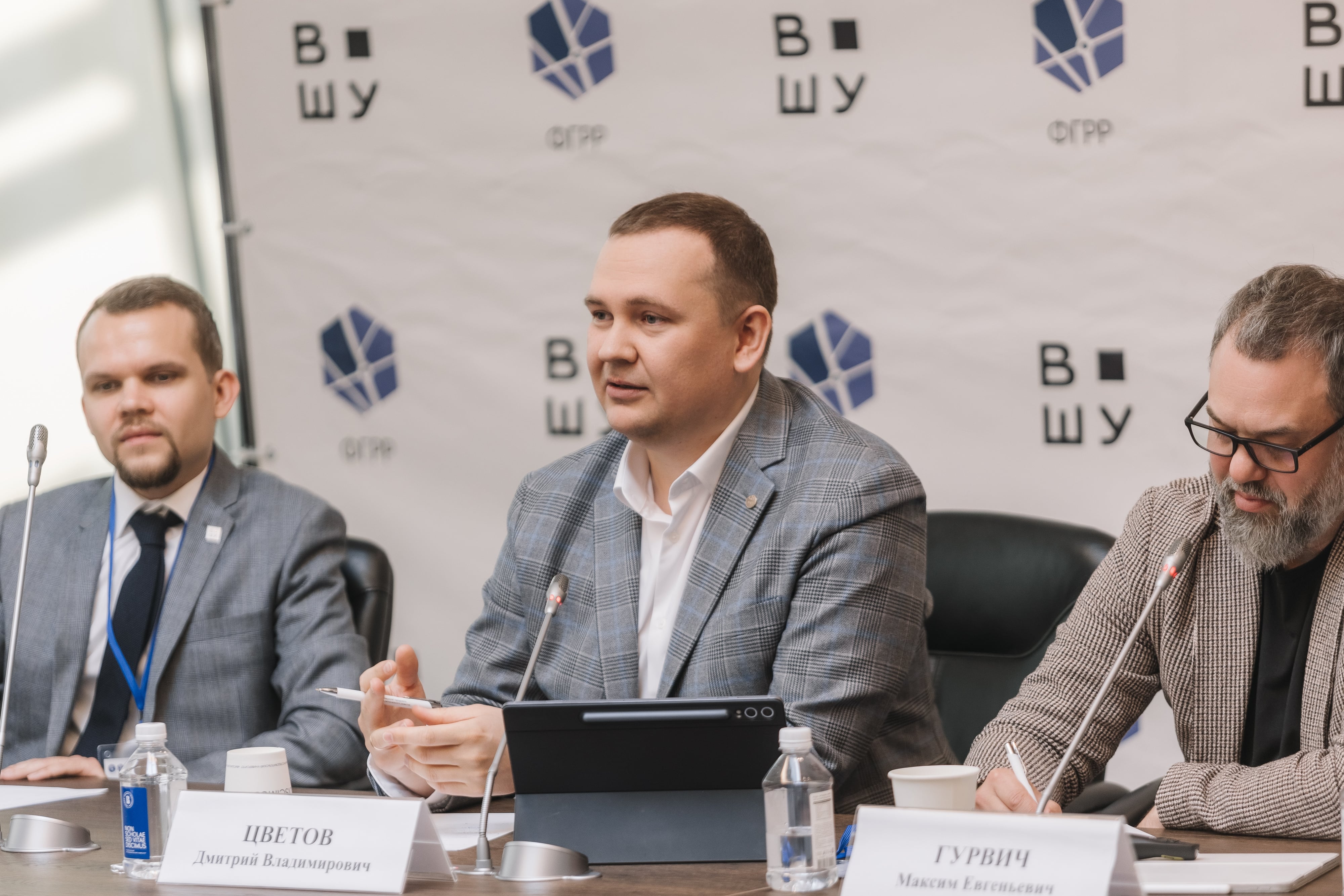
In his welcoming speech to the participants of the Vysokovsky Forum, Dmitry Tsvetov, Chief Development Officer of A101 Group, talked about the common mission of developers and urban experts. ‘We are building a city where people have the opportunity to connect with one another, spend time together, engage in sports or hobbies, and form communities around shared interests. This is what creates a high-quality urban environment that fosters strong social ties. It is not just developers who shape that environment—it is the people themselves. Without them, a city is just a set of buildings. Our task is to support them in spending more time with neighbours, attending cultural and educational events, and doing sports—all within walking distance from home. That is why we work closely with local communities. Through our sociological research, we have learned that an area becomes a true neighbourhood and home not when you simply walk from the metro to your flat, but when you do things together with those living nearby. The potential of those connections is enormous,’ said Dmitry Tsvetov.
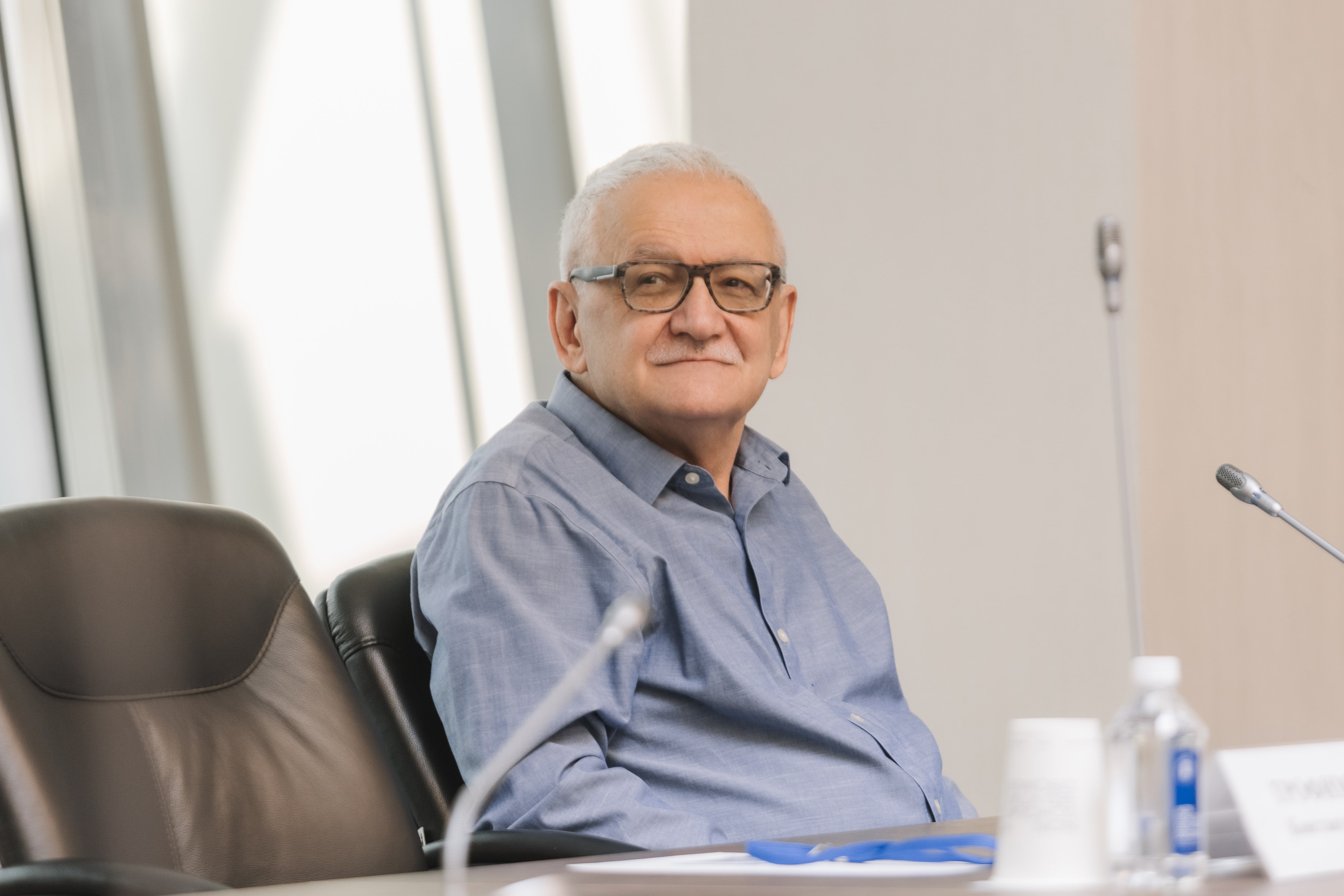
Mikhail Blinkin, Academic Supervisor of the HSE Faculty of Urban and Regional Development, asked whether residents of New Moscow would have to endure traffic jams in order to get to work in the city. According to Dmitry Tsvetov, 30% of residents already work in the same area where they live. However, A101 Group has even bigger ambitions. ‘We want there to be more jobs than residents,’ Dmitry Tsvetov said. One way to achieve this, he noted, would be through the construction of business centres in New Moscow.
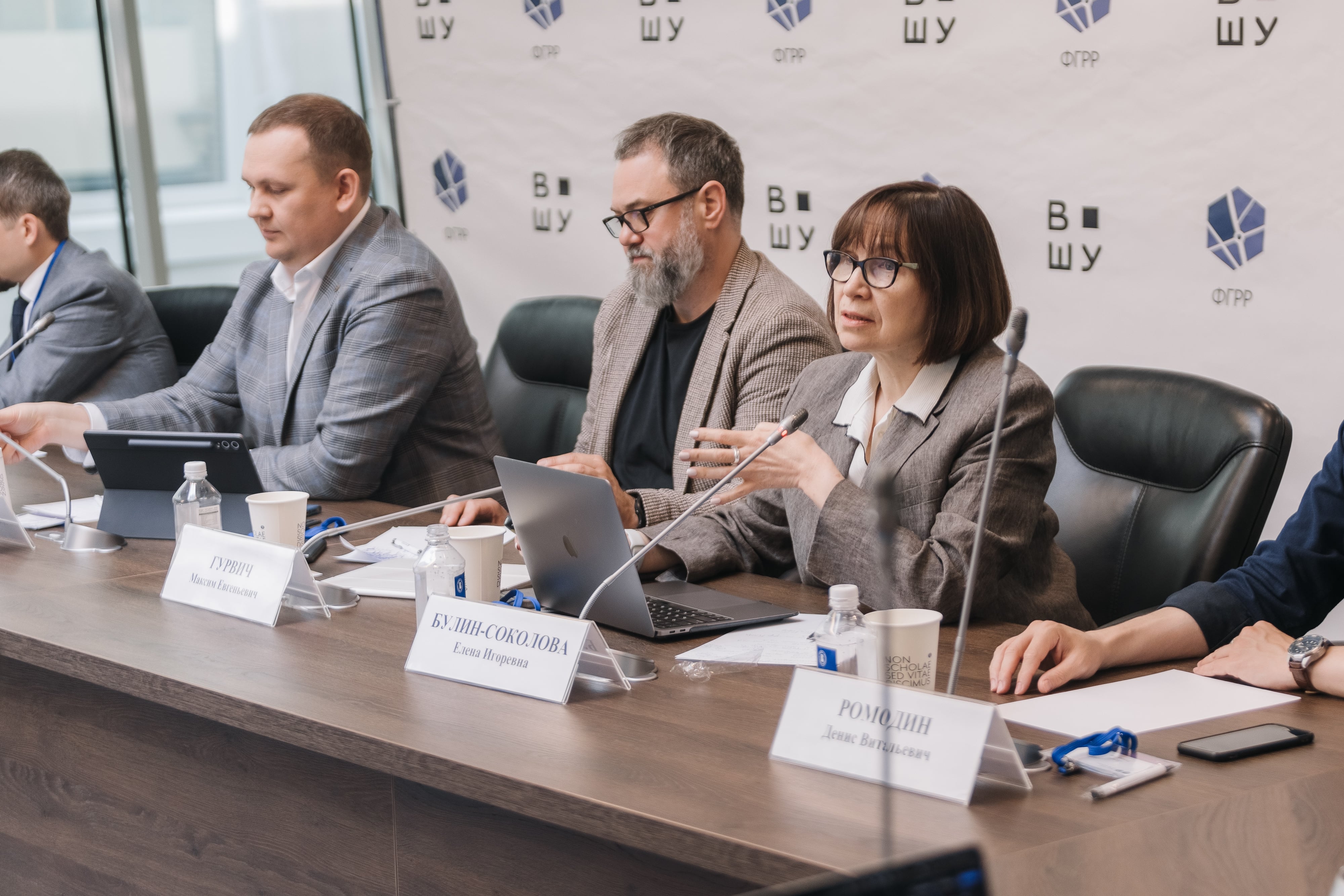
Elena Bulin-Sokolova, Doctor of Education and Head of the A101 Lernity Educational Bureau continued the discussion on developing local communities. ‘We are building cities that we ourselves would want to live in. A city is not just modern and comfortable housing—it is also social infrastructure: spaces and events that people can engage with to find something meaningful for themselves. And above all, a city is its people,’ she said.
A101 Lernity develops family centres, neighbourhood clubs, open workshops, community lounges, outdoor cinemas, and sports facilities. It offers programmes, projects, and a variety of events—involving local residents and businesses in their organisation. These initiatives include reviving traditional courtyard games, running summer camps for children, conducting engineering hackathons and career exploration internships for teenagers, as well as hosting educational lectures, culinary parties, interdistrict sports tournaments, and large-scale neighbourhood festivals that are open to everyone. These events help residents explore their area, connect with each other, and foster a sense of community.
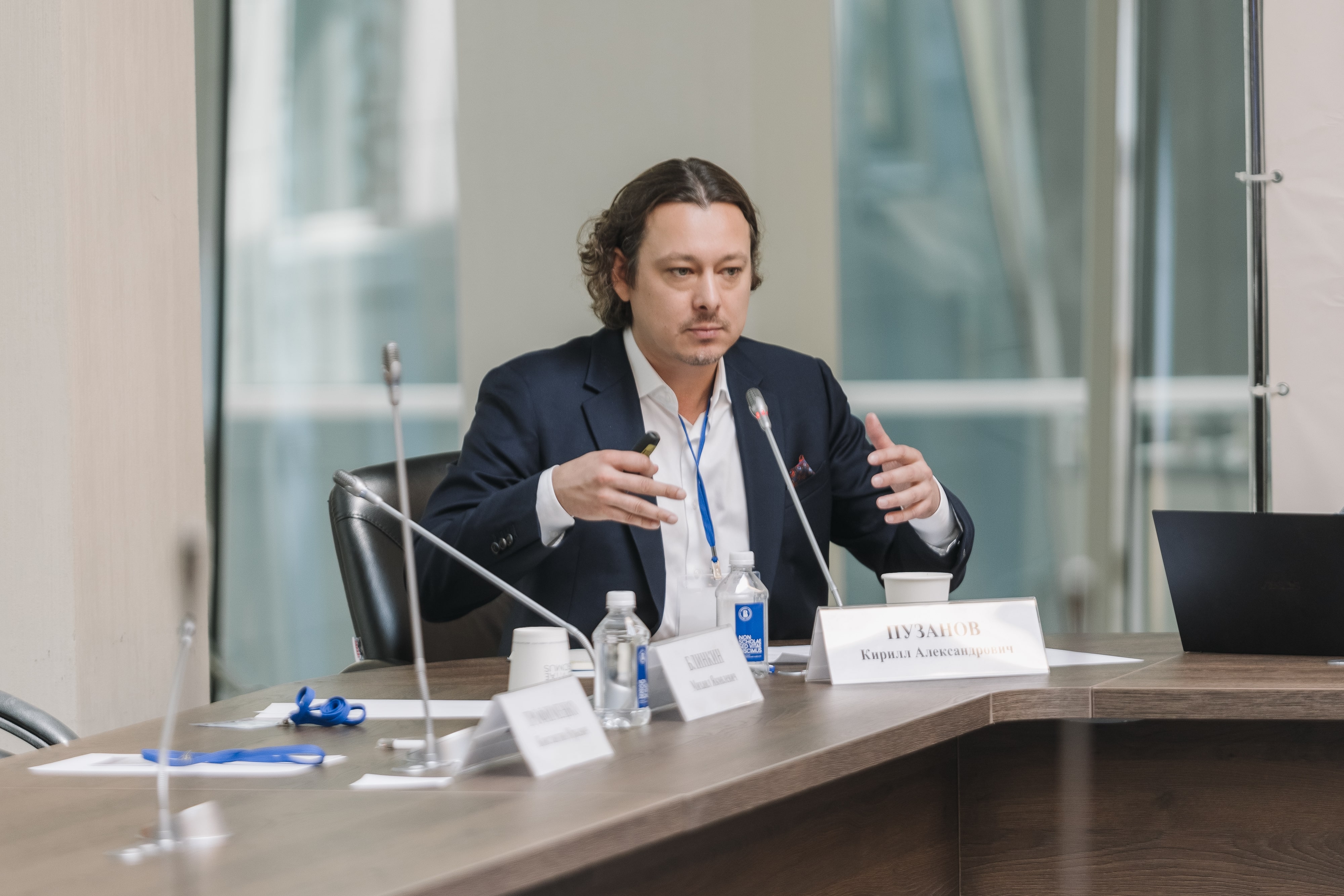
As Kirill Puzanov, Associate Professor at the Vysokovsky Graduate School of Urbanism, said, ‘a good city is one that offers a minimum of what is necessary and a maximum of what is possible. Urban space should be flexible enough to provide different types of usage at different times and for different categories of citizens.’
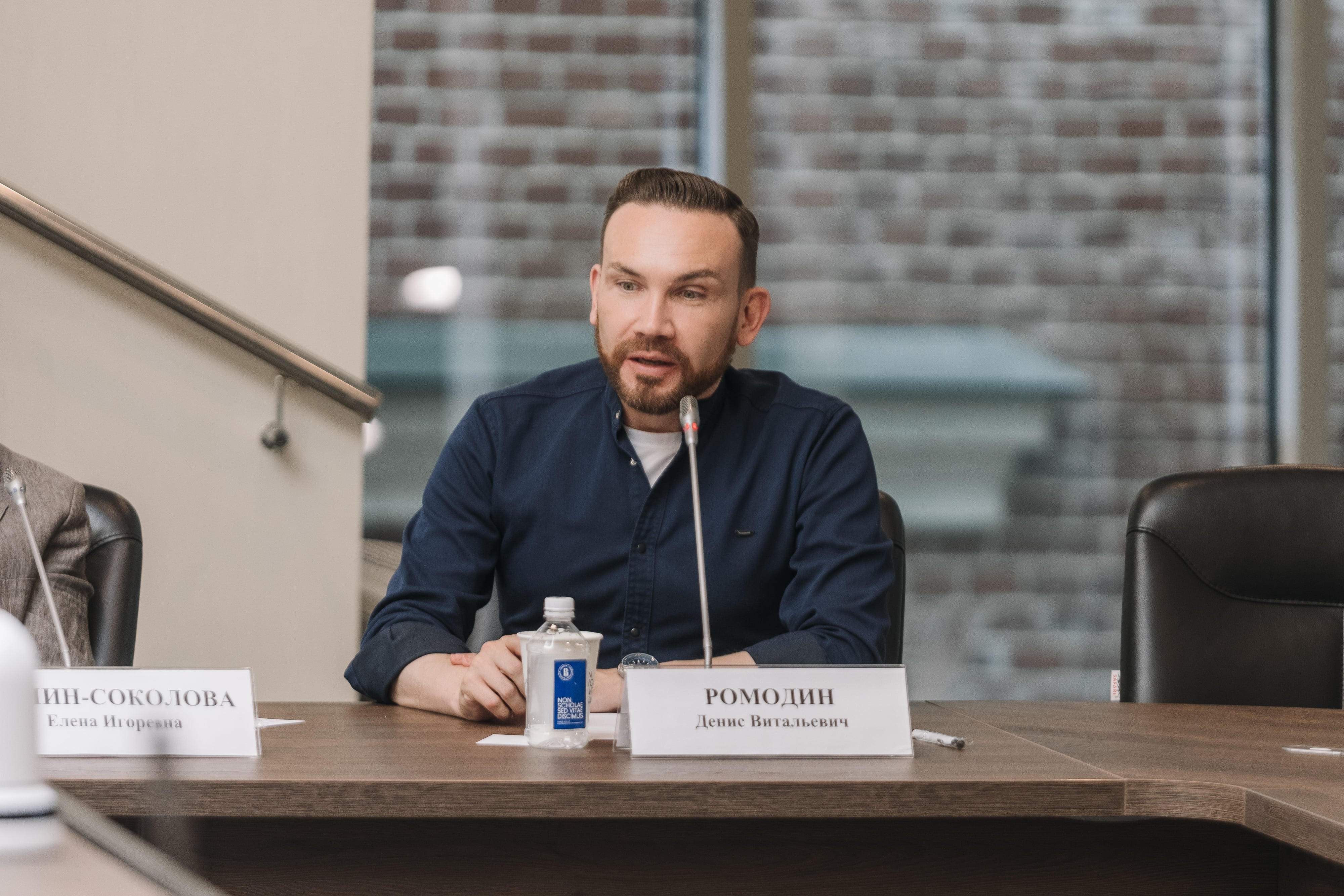
Historian and local studies expert Denis Romodin added that out-of-town tourism is growing rapidly. Many towns around Moscow have fostered new communities that regularly organise guided tours for Muscovites—often led by young people in their twenties. ‘And this is a great thing, because it sparks a sense of local pride by helping people understand what makes their district unique,’ said Denis Romodin. He noted that these initiatives are not confined to historically significant areas, as similar communities have also formed in New Moscow, such as in the town of Troitsk.
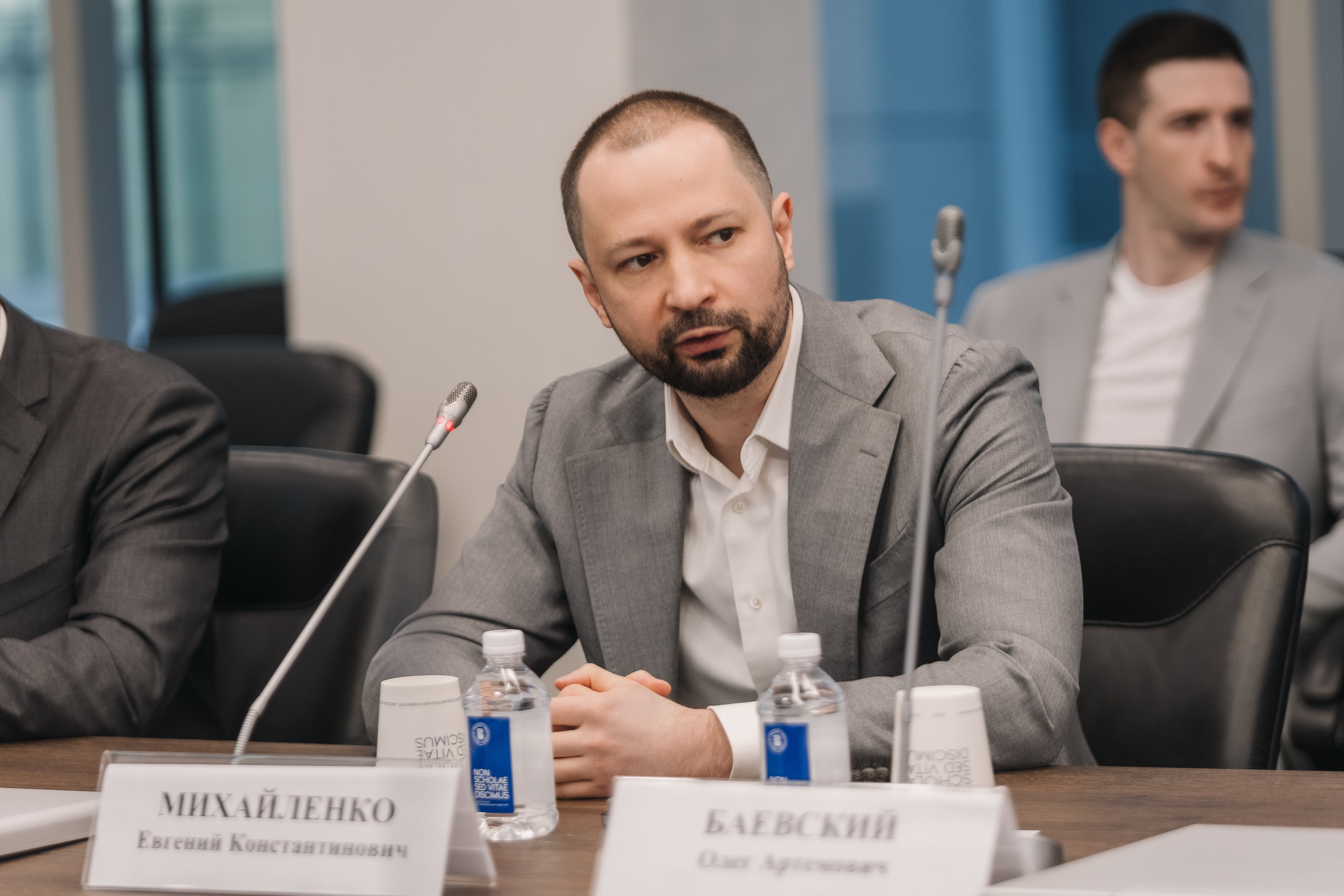
On the sidelines of the forum, Dean of the HSE Faculty of Urban and Regional Development Evgeny Mikhaylenko emphasised the importance of comprehensive improvements to urban infrastructure and the creation of comfortable living conditions. These, he said, contribute both to the social and economic development of new districts and make them more distinctive. ‘Moving away from uniform standards is a key objective and benchmark for contemporary urban policy, which aims to foster diversity in the urban environment. This approach allows each district to develop its unique identity, making it especially valued and cherished by its residents. Moreover, the uniqueness of these new areas attracts attention not only from locals but also from neighbouring communities, supporting the emergence of additional urban centres,’ he explained.
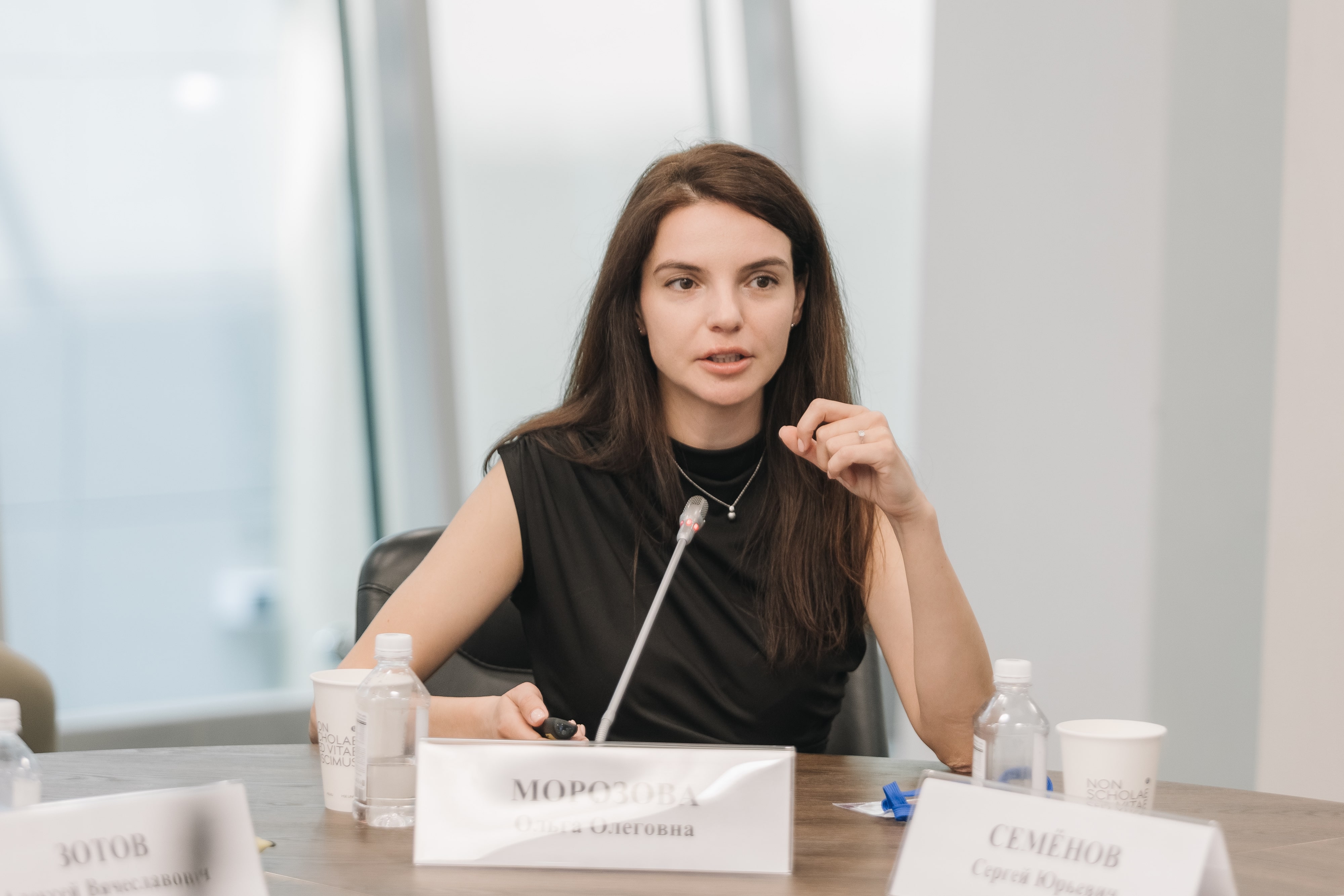
Discussions at the forum also touched on upcoming changes in urban transportation. According to Olga Morozova, Director for Strategic Projects at the Moscow Department of Transport and Road Infrastructure Development, the city’s first driverless tram has already been operating successfully. It has travelled over 5,000 kilometres without a single traffic violation. Last year saw the start of the next testing phase: passenger transport under the supervision of a test driver. A fully autonomous tram service for passengers is scheduled to be launched in autumn 2025.
Evgeny Mikhaylenko continued the discussion on transportation of the future by predicting the emergence of new types of real estate and infrastructure linked to modern mobility solutions—for instance, transport hubs for drones. Such innovations, he noted, will support the multifunctionality of urban spaces and contribute to the development of a ‘smart city’ that evolves with the demands of the times.
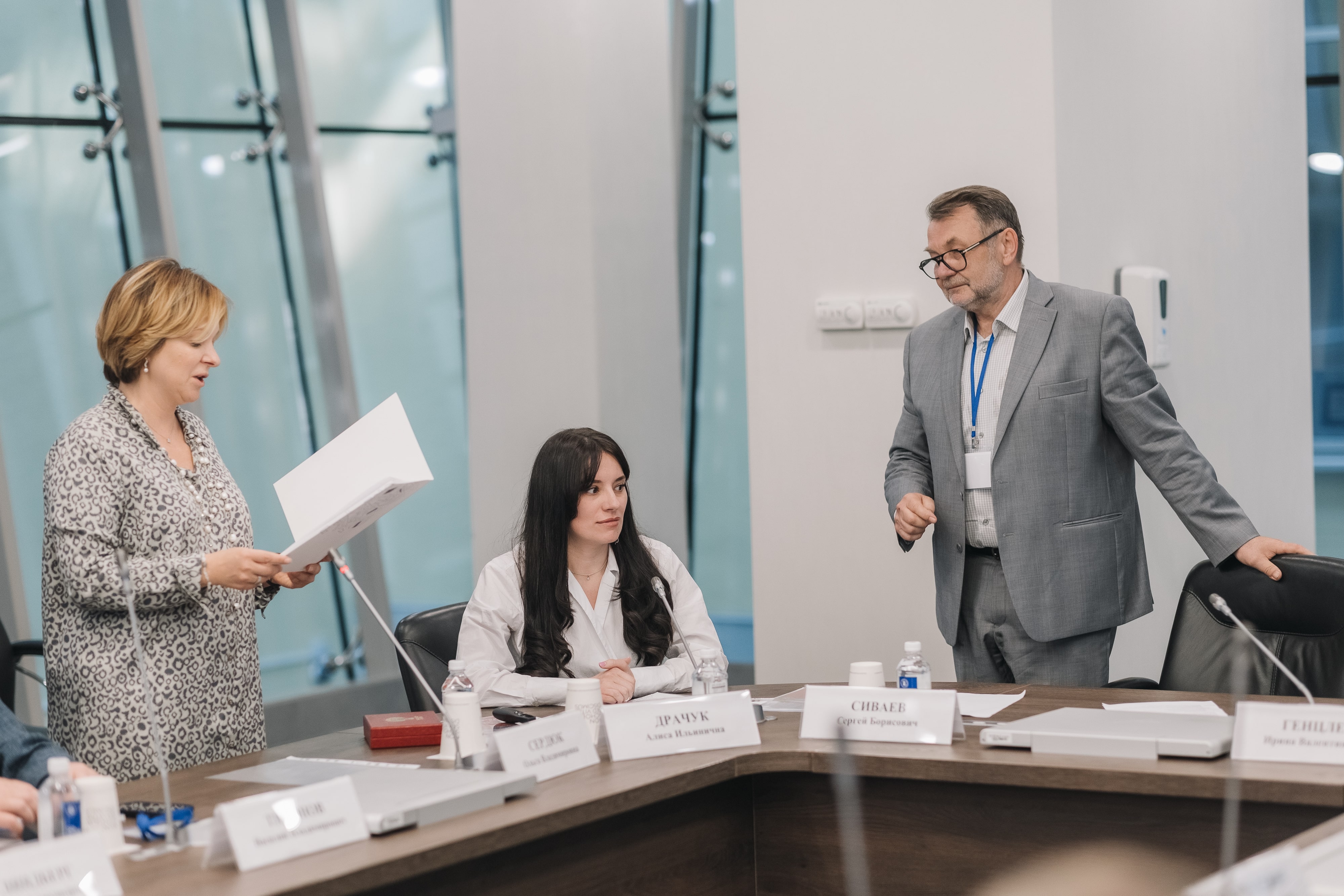
See also:
Researchers at HSE University Identify the Most Walkable Areas in Moscow
Experts at HSE University and Lomonosov Moscow State University examined the available data on Moscow's walkability and found the central and south-western parts of the city to be more walkable than others. However, the eastern and south-eastern areas are in need of improvements to make them more pedestrian-friendly. The study has been published in Cities.
HSE University Urban Planners Take Part in Global Mayors’ Forum in Guangzhou, China
A team from HSE University's Faculty of Urban and Regional Development took part in the Global Mayor’s Forum—a global event in urban development. Held in December 2023 in Guangzhou (PRC), the largest congress of urban planners brought together more than 800 guests from 65 cities and 37 countries, as well as nine international organisations.
Card File: Travel Diary
Optimising a city's transportation system requires insights into the dynamics of urban traffic to understand where, how, when, and to what extent people travel within the city. The rationale behind route selection and the choice of transportation mode are also of importance. The primary source of this data is the travel diary, a tool designed to survey people's transport behaviour. Based on a paper by Maria Sergienko, a master's student of the HSE Faculty of Urban and Regional Development, IQ.HSE examines how people's daily travel can be described in detail and why an automated diary cannot yet completely replace its manual counterpart.
‘Seeing Moscow Ranked First among the Cities of BRICS Countries Is Pleasant, but Not Surprising’
An international consortium of research organisations from China, India, and Russia, including HSE University’s Faculty of Urban and Regional Development represented by experts from the Vysokovsky Graduate School of Urban Studies and Planning and the Centre for Social Research and Technological Innovation (CITY), is developing an index of technological and spatial urban development (the Urban & Innovation Environment Index). Recently, a list of the top 10 largest cities of the BRICS countries was published on the project’s website. The Russian capital took the first place in the ranking, followed by Beijing, Shanghai, Sao Paulo, and Guangzhou.
Summer University 2023: ‘A Good Introduction to Urban Studies’
At the start of August, HSE University held the tenth annual Summer University. This year’s programme took the form of a workshop on urban studies. The participants attended four courses from HSE University faculty and invited experts and worked on their own projects to develop a cultural heritage site. Jung Woo Lee, from South Korea, shares his impressions of the Summer University.
‘The Virtual City Is Joining the Real One at the Forefront’
HSE University has launched enrolment in a new online Master’s programme in Digital Urban Analytics. In this interview, the programme’s Academic Supervisor Ekaterina Zarudnaya and its Scientific Supervisor Kirill Puzanov speak about the processes and tasks generated by the online city, the demand for urban analysts, and the specifics of studying in the programme.
A City in Your Mind: HSE Urbanists on Perceptions of Place and Imagined Neighbourhoods
Associate Professor Kirill Puzanov of the HSE Vysokovsky Graduate School of Urbanism and HSE University Professor Oleg Baevskiy have held lectures at the Red Square Book festival. They talked about perceptions of the city, its private and public aspects, chamber and representative spaces, and imaginary (or ‘vernacular’) areas. The open lectures took place as part of the HSE University Open to the City project.
Two Worlds of Residents: Car Owners Look at Shared Urban Courtyards Differently from Pedestrians
Researchers from HSE University and St. Petersburg State University of Architecture and Civil Engineering (SPSUACE) used eye tracking to study how residents who own cars and those who don’t look at the shared courtyards of multistorey apartment buildings. The study was published in Urban Forestry & Urban Greening.
Back to the Future: Is Manufacturing Returning to Cities?
Are cities set to become industrial centres again? Are migrants integrating in Russia? How are city dwellers taking advantage of micro-mobility? Experts from the HSE Faculty of Urban and Regional Development (FURD) took part in Moscow Urban Forum. This year the topic of the Forum was ‘Superstar Cities: Transforming for Success’.
‘It Takes a Team to Develop a City’
What is urban planning? What is the ‘stranger effect’ and why do we need a multidisciplinary approach in education? School Head and Associate Professor Kirill Puzanov spoke with the News Service about what students learn and how in the Vysokovsky Graduate School of Urbanism, which celebrates its 10th anniversary this year.


